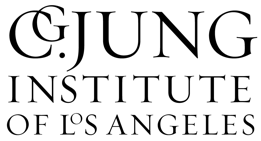Description
Is it possible that even logic is not logical? Is it possible that our current belief in a rational and material world is no less a subjective point of view than any other mystical faith? Kurt Gödel in mathematics and Carl Jung in psychology independently established the limits of rationalism half a century ago. Yet the profound implications of their work for our own currently changing world view are not well understood. In this essay, Robertson introduces us to some of the basic themes that underlie the life works of both Gödel and Jung. These themes lead us to a new and startling comprehension of the paradox of self-reference and the limits of rationalism that are inherent in the way we construct our conceptions of reality.
Reprinted from Psychological Perspectives, Volume 18, Number 2, Fall 1987





